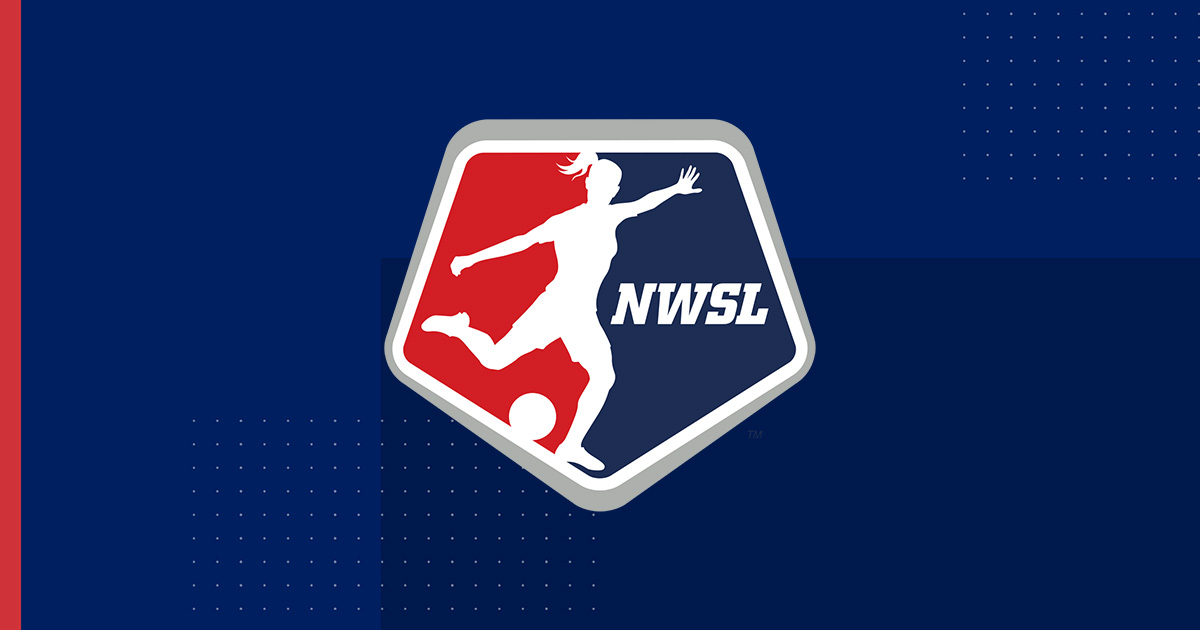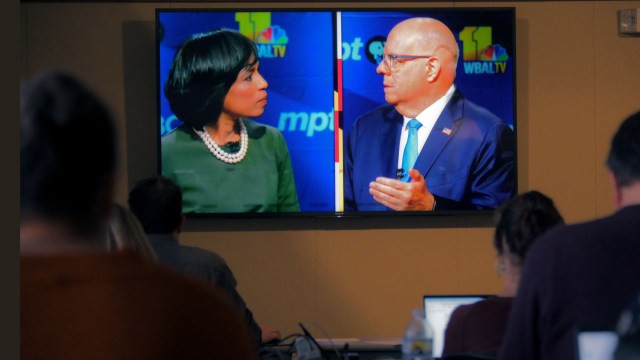The NFL has little respect for women; increasing female leadership could change that
December 5, 2019
When I first opened the Bleacher Report app to read a headline of the Antonio Brown allegations, my stomach dropped. A former New England Patriots wide receiver had been accused of sexual assault, but he continued to play without consequence until the Patriots organization released him. When I found out about the league’s treatment — or lack thereof — of this incident, I wasn’t upset because a star member of my favorite football team might not be able to play; I was angry because the NFL was allowing a potential rapist to continue to play with no repercussions.
This isn’t an isolated incident: Kansas City Chiefs running back Tyreek Hill entered the league after choking and punching his pregnant girlfriend in 2015, and Baltimore Ravens running back Ray Rice only received a two-game suspension after a video of him beating his fiancee in an elevator surfaced in 2014. With each new allegation, I’m taken aback at how little respect for women the NFL displays. The league’s tolerance of domestic violence, sexual harassment and assault can make female fans feel alienated. The league needs to increase gender diversity in management positions to tackle this issue.
Although the NFL began conducting an investigation shortly after Brown was accused, he shouldn’t have been allowed to play during the investigation. While some football fans claim that players should be considered “innocent until proven guilty,” the NFL has contradicted this principle before; for example, with no concrete evidence, the league suspended Patriots quarterback Tom Brady for four weeks under the suspicion of him deflating footballs during a game. In light of recent events, it appears that, to the NFL, deflating footballs is more severe than sexual assault.
It also seems like the league holds domestic violence to a lesser degree than other violations. The NFL suspended Patriots wide receiver Julian Edelman for four games after using performance-enhancing drugs. Rice, who abused his girlfriend, only received a two-game suspension. Domestic violence should hold a harsher punishment than using steroids — something that doesn’t directly harm others.
The NFL’s disrespect for females goes beyond punishment for players; cheerleaders have reported harassment on multiple occasions. In 2009, the Bengals cheerleaders were expected to be within three pounds of an “ideal weight.”
It’s possible that the league’s disrespect for women stems from the lack of diversity in team leadership. In 2018, only 35% of the league office consisted of women, and that number drops to 28% for vice-president positions or higher, according to ESPN.
Without gender diversity, the league struggles to understand how its decisions impact women. With more women managing the league, punishments will likely more justly fit accusations and wrongdoings because female managers may be able to better sympathize with other women. NFL commissioner Roger Goodell even admitted that no female contributed to the decision to suspend Ray Rice for only two games.
A more diverse management staff will also prevent female employees, like cheerleaders, team staff and officials, from harassment. When gender diversity in the workplace increases, women are less likely to face harassment at work; around half of women who describe their workplace as male dominant cite sexual harassment as a problem at work, while only 32% of women in mostly female workplaces say the same, according to Pew Research Center. The NFL tolerates sexual harassment far too often. Increasing gender diversity could change that.
Growing up as a die-hard football fan, my allegiance to the NFL has been tested many times. If the NFL wants to keep fans like me watching football every Sunday, it’s time for the NFL to increase gender diversity.










Harsh Malik • Nov 28, 2020 at 10:19 pm
I really like the article and I must say you have picked really good points . Keep on raising voice for everyone who need.
giantsfan56 • Dec 5, 2019 at 7:16 pm
Great article! As another female football fan, I’ve always thought women should be better represented in the NFL.
PN • Dec 5, 2019 at 12:33 pm
I’m not trying to say your larger point as a whole is invalid when I comment about the following:
Using Antonio Browns situation to segue in to how the NFL doesn’t take this stuff seriously is, honestly, uninformed and exactly what his accuser wanted to happen to him.
Her accusation was in a civil complaint. A complaint is how you start the process of suing someone. In that complaint, you must allege a damage or loss you have suffered at the hands of another party (purposeful or not) and you’d like the court to step in and make the matter right in some way (usually by awarding money). This IS NOT a criminal complaint, those are filed by the state after a victim goes to the police to file a police report.
Prefacing my statements again, I’m not saying that the woman can’t be telling the truth but it leads many to be skeptical of her when she doesn’t go to the police (where if caught lying she could be criminally charged for filing a false police report) but instead goes to sue him instead (and this is the big point here) which all starts with a complaint. When the complaint is filed you lay out what happened because there is no investigation, it is instead the party that is suing’s responsibility to prove what they allege in the complaint. Here’s the problem: I CAN ALLEGE ANYTHING IN A CIVIL COMPLAINT… whether or not I can prove it is a whole other story. I can say that Antonio Brown is a baby murderer, steals food from the mouths of starving people and beats up the homeless in such a complaint. Even if I don’t prove it, that becomes a record of the court in that case. That is what you read about from Antonio Brown. Allegations, that have yet to be proven and with which the only thing the woman could get in return is money. She is allowed to sue him as well as go to the police. And since you described him as a “potential rapist” wouldn’t you want her to go the police as well and get him off the streets? – All the while, no NFL team will currently touch him as the NFL has conducted their own investigation and has still yet to finish that matter. Brown might be a narcissist, egomaniac and frankly crazy at points but the NFL took this matter far more seriously than the accuser did herself.
Also the league acknowledged that Commissioner Goodell messed up Ray Rice initially and then he was suspended for an entire season and it effectively ended his career.
All that being said, if you want to delve into these issues you should better examples before trying to make your larger point. Looking at Greg Hardy’s situation would’ve been a lot better for your larger point. In his case, the police were notified many times. It was demonstrably proven that he terrorized his now ex-girlfriend. Dragged her around by her hair and threw around and onto a pile of guns. She was in fear of her life around him and the NFL only implemented a 4 game suspension after he appealed his initial 10 game suspension.
I can tell by your writing you are a smart person but be careful about cherry-picking facts to write a story and do just a little more research at times. If Brown did what is alleged he should be in jail, not sued for 2 million dollars. Rice’s career effectively ended (as it should’ve) and he now is an advocate about domestic violence and he is now married to that woman. Hardy was unapologetic and then left the NFL to pursue a career in MMA where he can legally throw people around like rag dolls. He’s a bad guy and should’ve been the focus of your examples toward your larger point.
Hope you take this constructively and best of luck in the future.